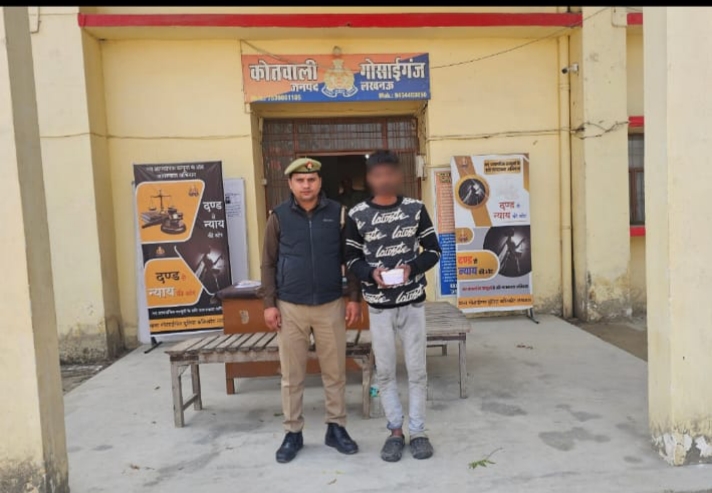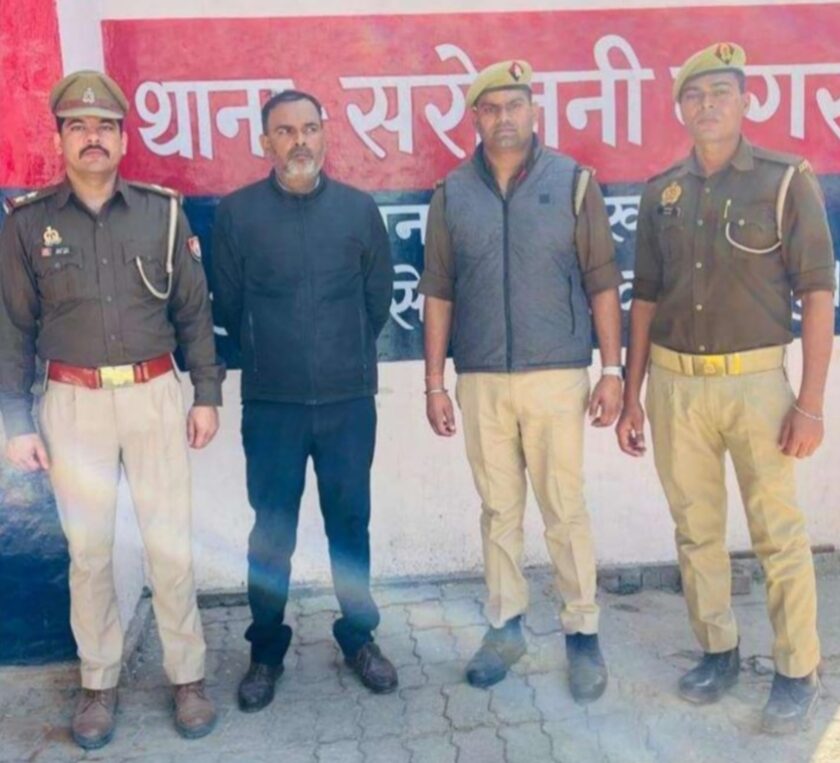New Delhi: The phenomenon of “digital arrests” has become a pressing cybercrime concern in India, involving sophisticated scams where cybercriminals impersonate law enforcement or government officials to intimidate and extort money from unsuspecting victims. Here’s an in-depth look at this rising threat:
What is a Digital Arrest?
A digital arrest is a scam in which fraudsters masquerade as government officials from agencies like the CBI, Narcotics Control Bureau, RBI, TRAI, or customs departments. They contact individuals via phone or video calls, claiming to have identified them or their family members in criminal activities, such as drug trafficking or financial fraud. Under this guise, they create an intense atmosphere of fear, instructing the victim to stay in a confined space (often their home) and demanding payments to avoid further legal trouble.
Modus Operandi of Digital Arrest Scammers
- Initial Contact: Scammers reach out through audio or video calls, pretending to be high-ranking officials. They may use apps like Skype or WhatsApp for video conferencing, adding to the legitimacy of their identity.
- Intimidation Tactics: The fraudsters claim the victim is involved in a serious crime (e.g., possessing contraband or illegal transactions) and threaten immediate arrest or confiscation of assets.
- Constant Surveillance: The scammers often require victims to stay visible on video calls, under the pretext of “monitoring” them, ensuring the victims remain compliant and isolated.
- Sophisticated Impersonation: Scammers use fake police station backdrops, deepfake videos, and counterfeit documentation, such as arrest warrants, to strengthen their guise as legitimate law enforcement.
- Emotional Manipulation: Sometimes, scammers claim a family member, like a child or spouse, is implicated in the crime, pushing the victim to pay large sums to “resolve” the case and protect their loved one.
Prevalence and Impact
Digital arrests have become widespread, with PM Narendra Modi recently cautioning the public against these scams on his radio show, Mann Ki Baat. This method of fraud has led to millions being siphoned from victims across India. The NCRB reported 17,470 cybercrime cases in 2022, a stark increase from previous years, highlighting the growing threat.
The Ministry of Home Affairs (MHA) in March 2024 released a public advisory to raise awareness about the digital arrest scam, advising citizens to be wary of calls from individuals posing as officials from various enforcement agencies.
Preventative Measures
To protect against digital arrest fraud:
- Verify Legitimacy: No government agency will request payments or case resolution via phone or video calls. Always verify the identity of the caller.
- Stay Calm and Disconnect: If faced with such a call, disconnect immediately and do not engage further.
- Avoid Financial Transactions: Never transfer money or disclose financial information to resolve a purported case.
- Contact Authorities: Report the incident to local police or cybercrime units through official helplines. Most cities have dedicated cybercrime numbers for immediate support.
Steps to Take if Scammed
If you have been a victim of a digital arrest scam:
- Contact Your Bank: Request a freeze on your accounts and inquire about reversing any unauthorized transactions.
- File a Cybercrime Report: Report the scam to the city’s cybercrime department and through the National Cyber Crime Reporting Portal.
- Gather Evidence: Keep screenshots, call recordings, or any other documentation that could aid the investigation.
- Seek Legal Support: In severe cases, legal assistance may be necessary to ensure thorough action and recovery.
Conclusion
Digital arrest scams exploit fear and the trust people place in law enforcement to extract large sums from victims. Public awareness and understanding of these scams are essential in preventing further cases.
Notable Cases

S.P. Oswal Case: In September 2024, S.P. Oswal, chairman of the Vardhman Group, was defrauded of approximately ₹6.9 crore ($830,000). Scammers posed as federal investigators and conducted a fake Supreme Court hearing via Skype, during which an impersonator of Chief Justice D.Y. Chandrachud ordered Oswal to deposit his funds into a “secret supervision account” as part of an investigation
Retired Army Officer Case: In October 2024, a retired Indian Army officer was scammed out of ₹83 lakh ($100,000) by individuals posing as police officials. They convinced him to transfer funds to “clear his name” from alleged legal charges
Statistical Overview
Increase in Cybercrime Reports: By May 2024, the Indian Cyber Crime Coordination Centre (I4C) reported over 7,000 cybercrime cases, marking a 114% increase compared to the period between 2021 and 2023, and a 61% rise from 2022
Financial Losses: In the first quarter of 2024, Indians reported losses totaling around ₹120.3 crore ($14.5 million) due to digital arrest scams
In light of the growing menace, Prime Minister Narendra Modi, in his ‘Mann Ki Baat’ address on October 27, 2024, cautioned citizens against falling victim to such scams. He emphasized that no government agency would request personal details or payments over a call and urged individuals to report such incidents to the national cyber helpline
.Preventive Measures
Stay Vigilant: Be cautious of unsolicited calls from individuals claiming to be law enforcement officials.
Verify Identities: Always verify the credentials of the caller by contacting the official agency directly.
Avoid Sharing Personal Information: Refrain from sharing personal details or making payments over the phone unless you are certain of the caller’s authenticity.
By staying informed and cautious, individuals can protect themselves from falling prey to these sophisticated cyber scams.In recent years, India has seen a rising trend in “digital arrests,” where individuals face legal consequences for social media posts or online activities that may be considered offensive, seditious, or defamatory. This has sparked national and international debate, with concerns over freedom of expression, censorship, and potential misuse of legal provisions.










